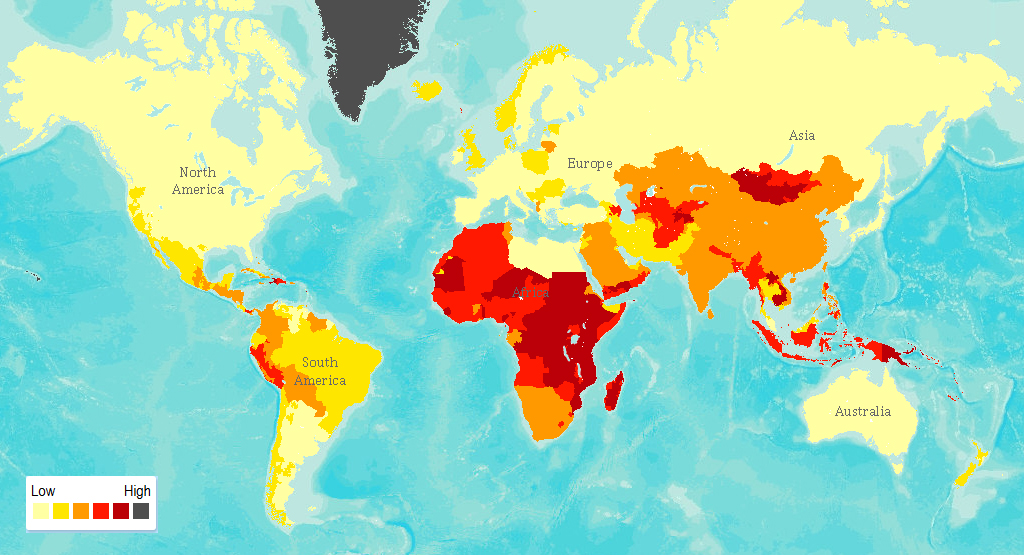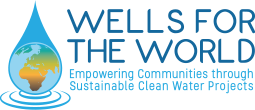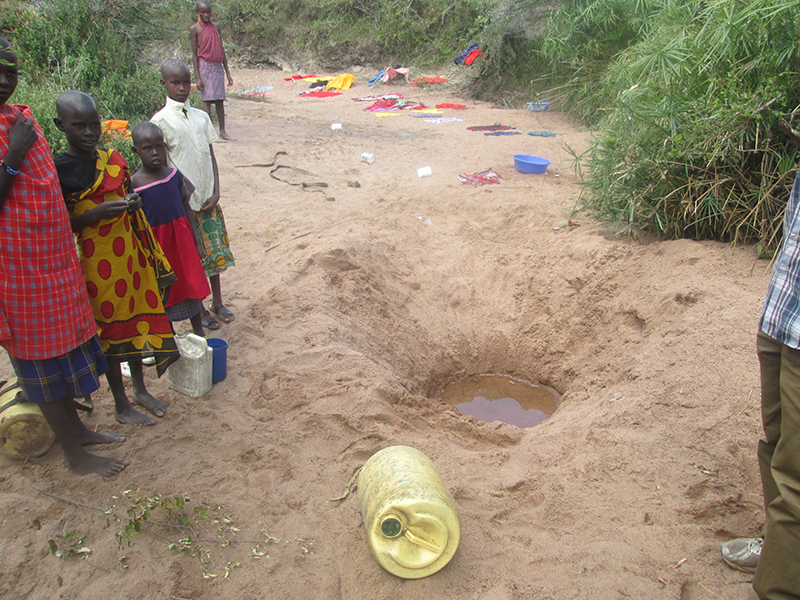Water Scarcity: A Global Crisis

Global Water Scarcity Crisis Map - Worldwide Access to Water (Source: WRI.org)
Water scarcity is the lack of sufficient available water resources to meet water needs within a region. It affects every continent and around 2.8 billion people around the world at least one month out of every year. More than 1.2 billion people lack access to clean drinking water.1
Access to water measures the percentage of population without access to improved drinking water sources. Higher values indicate areas where people have less access to safe drinking water supplies, and indicating high reputational risks to those using water in an inequitable way. (WHO UNICEF JMP 2010)
Water scarcity involves water shortage, water stress or deficits, and water crisis. The relatively new concept of water stress is difficulty in obtaining sources of fresh water for use during a period of time; it may result in further depletion and deterioration of available water resources.2 Water shortages may be caused by climate change, such as altered weather-patterns (including droughts or floods), increased pollution, and increased human demand and overuse of water.3 The term water crisis labels a situation where the available potable, unpolluted water within a region is less than that region's demand.4 Two converging phenomena drive water scarcity: growing freshwater use and depletion of usable freshwater resources.5 Water scarcity can result from two mechanisms:
- physical (absolute) water scarcity
- economic water scarcity
Physical water scarcity results from inadequate natural water resources to supply a region's demand, and economic water scarcity results from poor management of the sufficient available water resources. According to the United Nations Development Programme, the latter is found more often to be the cause of countries or regions experiencing water scarcity, as most countries or regions have enough water to meet household, industrial, agricultural, and environmental needs, but lack the means to provide it in an accessible manner.6 Many countries and governments aim to reduce water scarcity. The UN recognizes the importance of reducing the number of people without sustainable access to clean water and sanitation. The Millennium Development Goals within the United Nations Millennium Declaration aimed by 2015 to "halve the proportion of people who are unable to reach or to afford safe drinking water."7
- "Water Scarcity. International Decade for Action 'Water for Life' 2005–2015". un.org. Retrieved 20 October 2013.
- "Water Stress". Retrieved 20 October 2013.
- "Water Scarcity. Threats". WWF. 2013. Retrieved 20 October 2013.
- Freshwater: lifeblood of the planet. peopleandplanet.net (11 November 2002). Retrieved on 27 August 2013.
- Chance, Clifford (October 2011), Tackling Water Scarcity. Advocates for International Development
- United Nations Development Programme (2006). Human Development Report 2006: Beyond Scarcity–Power, Poverty and the Global Water Crisis. Basingstoke, United Kingdom:Palgrave Macmillan.
- Background page, United Nations Millennium Development Goals website, retrieved 16 June 2009



